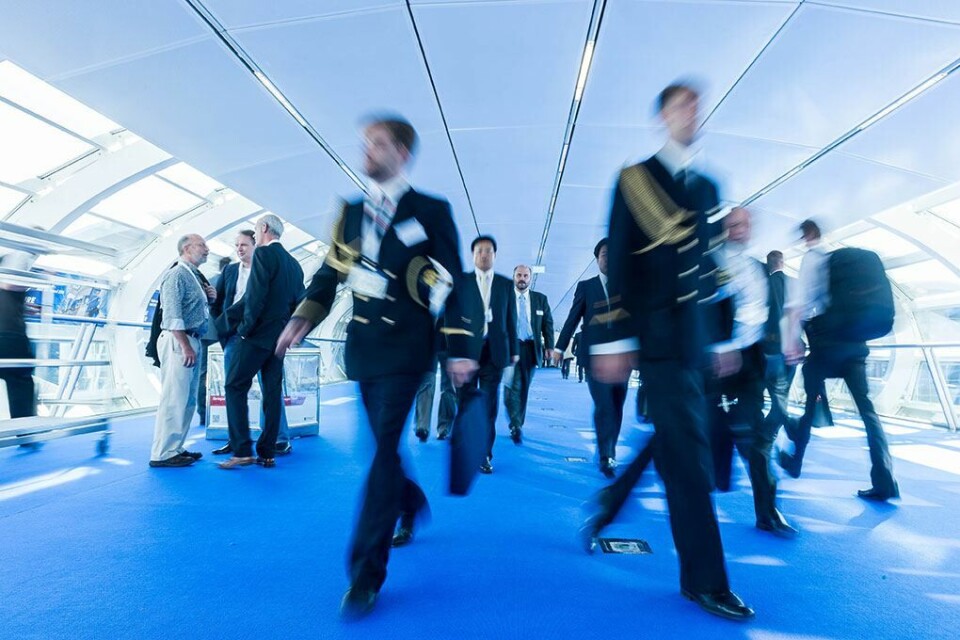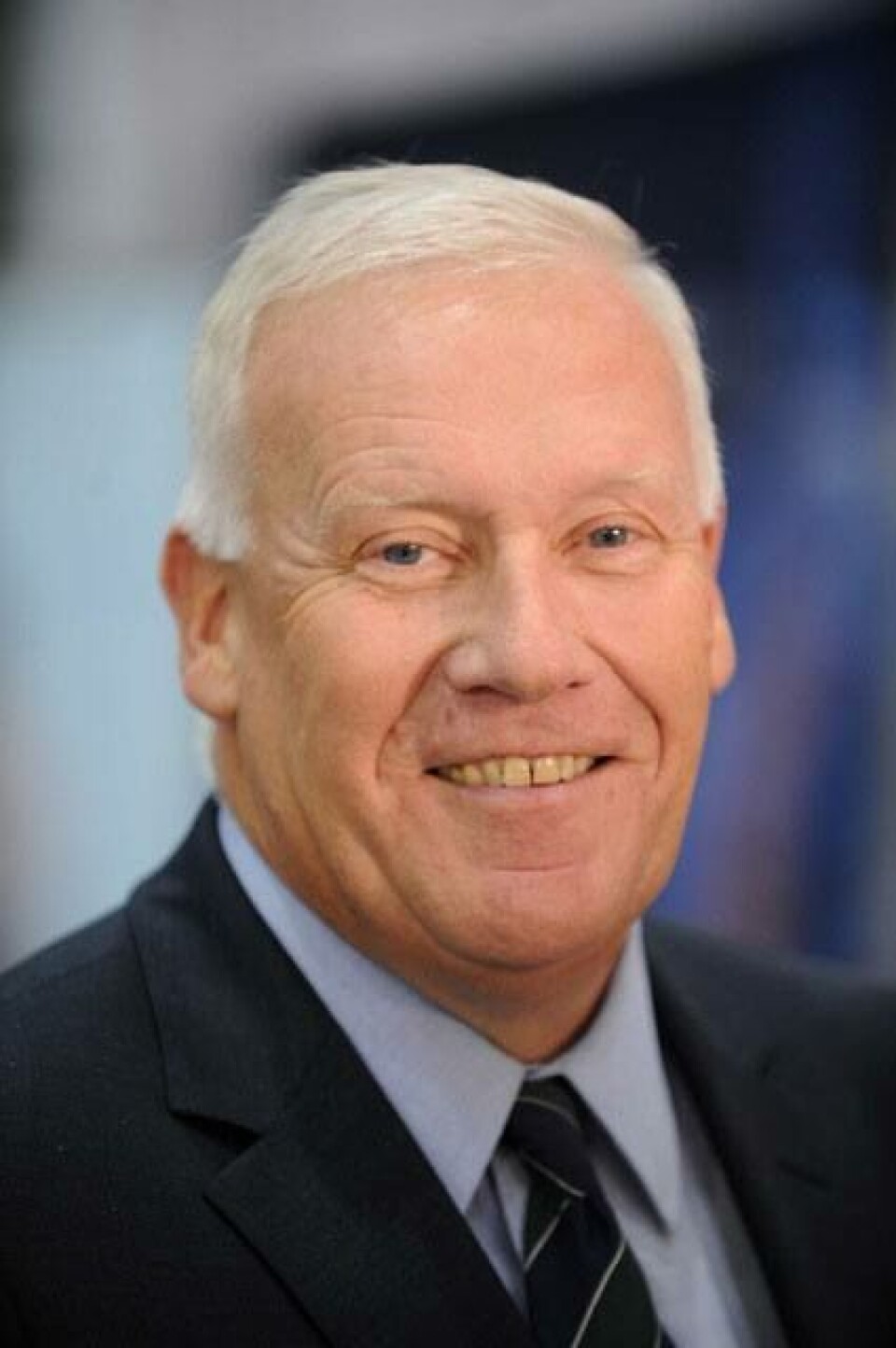
The Focus is Shifting
Denne artikkelen er tre år eller eldre.
Interview with Retired Vice-Admiral and Commander-in-chief of the German Navy Hans-Joachim Stricker, President of the German Maritime Institute (DMI), and Chairman of the MS&D Conference.
The MS&D Conference takes place on Security and Defence Day (10 September) of SMM 2014, Hamburg.
1) Mr. Stricker, how secure is international shipping today?
Stricker: "There are several answers to this question, depending on the context. Piracy at the Horn of Africa, after presenting us with major challenges for a long time, has been contained more effectively over the last two years. Pirate attacks on commercial ships have been repelled successfully with increasing frequency. Certainly one of the reasons is the military protection provided by the EU-led Operation Atalanta. However, a new piracy-prone sea region has emerged off the West African coast. In the Gulf of Guinea, militia-like pirate gangs are active, primarily attempting to demand ransom to finance their fighting on shore. So the danger has not been averted; only the focus has shifted."
2) What new developments are there in terms of threat scenarios, and what specific threats can you identify?
Stricker: "We can see that conflicts on shore can implicate threats for shipping routes. For example, take the Middle East: An AIDA cruise ship came under fire there recently. While such scenarios are fortunately the exception rather than the rule, they must be taken very seriously. Owners of passenger and cruise ships should think twice before approaching regions of conflict."

3) What new security measures can be taken to protect ships against piracy, terrorism and warlike actions?
Stricker: "We principally distinguish between active and passive security measures. Active measures mainly include our European naval units keeping a close watch over pirate headquarters. This allows them to respond instantly to any activity.
Furthermore, the strong, clearly visible presence of security staff on board ships prevents pirate attacks. There are now six certified security service firms in Germany capable of providing this protection. What we call passive measures includes, for example, installing ships with Long-Range Acoustic Devices. Several owners use them as a deterrent. Navigating a zigzag course and cruising at increased speeds are also passive self-defence measures. Cruising speeds above 20 knots make it next to impossible for pirates to enter a ship. In addition, some crews use barbed wire which they lower along the sides of their ships.
What is also very important, of course, is a constant exchange of information to make sure everybody gets the full picture of the respective sea region. To accomplish that we collaborate with the commanders-in-chief of all the institutions involved.
4) What will be the key topics at the MS&D Conference?
Stricker: "The agenda of the conference will touch a broad range of subjects. In her welcoming address, keynote speaker Sarah Kenny, Managing Director of QinetiQ Maritime, will discuss "The future development of maritime security and defence".
Then there will be two panel discussions. The motto of the first one will be "Maritime challenges of globalisation". Two speakers will address the subjects of port security and security at high sea. A representative of SAMI, the Security Association for the Maritime Industry, will explain existing challenges from the industry's perspective. The second panel, called "Future Maritime Capabilities", will highlight new trends in naval ship building. Participants will learn about ship designs and modalities that will be in high demand in the future, among other topics. Cost-efficient multiple-use ships are a core concern for the industry.
The conference will close with a disscussion round and a summary of all important results. The core statements of the day will be handed out to all attendees in printed format."
5) How about the involvement of navy delegations?
Stricker: "We are again expecting a number of high-ranking naval delegations from all over the world this year. The number of participants should be roughly at the level of the 2012 event. This once again highlights the great importance of SMM."
6) What is the general role of SMM with regard to security in international shipping?
Stricker: "SMM as the leading international trade fair of the maritime industry is a major driving force. Combining the fair with the MS&D conference in 2012 revealed many synergies and was a full success. Our participants were able to gain important insights at the conference, then proceed to the fair halls to see the relevant hardware and meet up with their business contacts.
Our conference attendees' main point of interest will most likely be Hall B8, which features numerous shipyards, suppliers and service providers from the maritime security segment who specialise on naval ships. There isn't a better event to get informed about maritime security challenges and learn what steps to take next."











